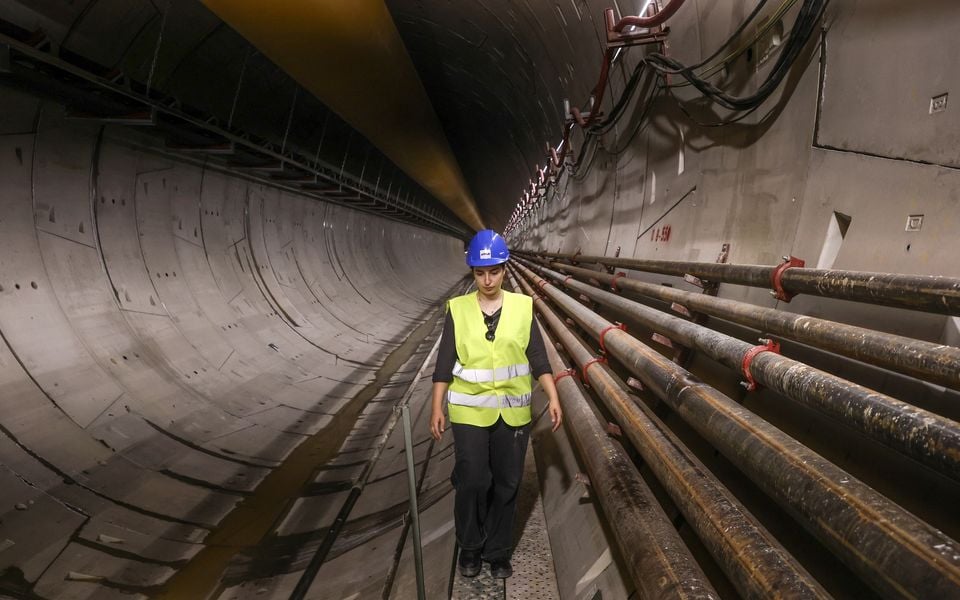
[John Liakos/Intime News]
Greece will need to invest around 29 billion euros, or approximately 12% of its gross domestic product, in non-energy infrastructure over the next decade, mainly in road, rail and port infrastructure, in order to meet the increased needs created by, among other things, demographics, climate change and digitalization, Allianz Research estimates.
This is an amount slightly less than the total resources allocated to Greece from the Recovery Fund (€36 billion) and slightly more than the NSRF (€26 billion). Globally, investment needs in non-energy infrastructure by 2035 are estimated at €13.3 trillion.
Over the next decade the global economy will need to invest almost 3.5% of GDP annually in social, transport and digital infrastructure (excluding energy) that will be future-proof against major trends such as urbanization, climate change, supply chain disruptions, and digitalization driven by artificial intelligence.
As for Greece, the firm estimates that by 2035, investments of almost €29 billion will be needed in infrastructure, with the greatest need being found in road infrastructure (€21.3 billion), ports (€3.7 billion) and railway infrastructure (€2.43 billion), while the remaining amount concerns airports, telecommunications/digitalization, and water and sanitation.